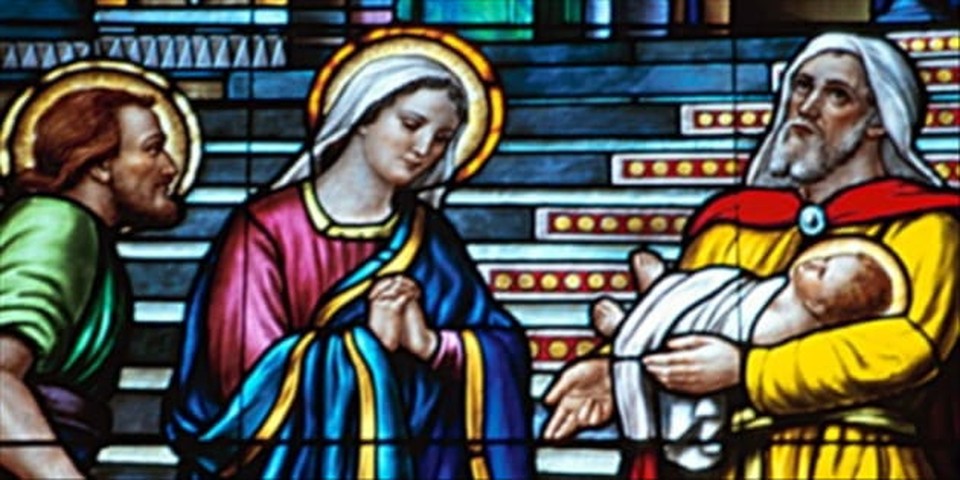Figuring out the "Firstborn" in Colossians 1:18

In Colossians 1:18 Paul describes Jesus as "the firstborn from the dead." How can this be when Lazarus was resurrected before Jesus (John 11:44)? To understand what Paul meant here, we must investigate the meaning of the Greek word behind the English word "firstborn."
Step 1: Make the Switch to Greek and Establish a Preliminary Definition
The easiest way to pinpoint the Greek word translated as "firstborn" is to use The ESV English-Greek Reverse Interlinear New Testament. This resource aligns the English translation with the corresponding Greek text. When we look directly below the English word "firstborn" in this resource we find the word prōtotokos.
From here we can use a Greek lexicon to formulate a working definition. If using print resources, take note of the number 4416 in the reverse interlinear, and look this number up in the Hebrew-Aramaic Dictionary appended to Strongest Strong's Exhaustive Concordance of the Bible. In Logos Bible Software, I simply double-click on prōtotokos in the reverse-interlinear and am directed to the appropriate entry in my preferred Greek lexicon, which is A Greek-English Lexicon of the New Testament and Other Early Christian Literature (BDAG). Both resources tell us that prōtotokos refers to birth order—in the first century, this signifies rank, or status.
Step 2: Briefly Track the Word through Greek Literature
Since the New Testament was written in a Greek culture, investigating how words were used in other Greek writings is an integral component of our study. Through concise survey articles, the Theological Dictionary of the New Testament (TDNTA) plugs us into this Greek context.
Looking up "firstborn" in the Table of English words in TDNTA directs us to the article on page 965. In Logos Bible Software, this resource is a double-click away. TDNTA states that prōtotokos is rare in Greek literature; in its place authors often used the synonym prōtogonos meaning "first in rank."
In the Septuagint, the Greek translation of the Old Testament, prōtotokos was applied to humans (Gen 38:6) and animals (Gen 4:4), both of whom God uniquely claimed as His own (Exod 13:2). The term also functioned as a national designation for Israel as the object of God's special favor (Exod 4:22). Closer in time to the New Testament, Philo, a Greek Jewish Philosopher (20 BC-50 AD), described Cain as a prōtotokos since he was very literally the first human physically born (Gen 4:1)—who had a special rank as Adam's heir. In all of these usages, the term denotes the special rank of the "firstborn" in relation to others.
Step 3: Survey the Usage of the Word in the Old Testament
We can narrow the scope of our study by focusing on the New Testament uses of prōtotokos. This can quickly be done using Logos Bible Software's speed search, or manually by looking up the word "firstborn" in Strong's and counting all of the occurrences listed with the number 4416. Both methods reveal that prōtotokos occurs eight times in the New Testament.
Six of these occurrences refer directly to Jesus. At the most basic level, Jesus is described as Mary's "firstborn son" (Luke 2:7). Just as Philo referred to the physical birth and rank of Cain, Luke refers to Jesus as the first child of Mary.
In Col 1:15 Paul states that Jesus is the "firstborn of all creation." Paul may be referring to Jesus being the "first" eternal, divine being made flesh and born into the created order. Paul may also be referring to Jesus' rank as head of creation. Jesus is the preeminent one who entered into the created world (Heb 1:6). The phrase "firstborn of the dead" occurs twice (Col 1:18; Rev 1:5), alluding to the significance of Jesus' resurrection, not the timing of the resurrection. Because of this event, Jesus is the "firstborn among many brothers" (Rom 8:29).
Step 4: Revisit the Passage to Find the Meaning of the Word in Context
Assuming that theology is conveyed at the level of single words is a danger associated with word studies. However, the true indicator of the author's intended meaning is how the word fits within the immediate context; for us this is Colossians 1:15-20.
Paul's use of prōtotokos twice in this short section suggests that the "firstborn" is an important concept for the passage as a whole. The wider context of other New Testament writers, like John, who affirm Jesus' pre-existence and eternality, also helps us understand what Paul is saying and not saying by this term.
Although Paul's first usage of prōtotokos evokes the idea of rank and chronology, the second occurrence of "firstborn of the dead" refers to the idea of rank and not chronology. We know this precisely because Lazarus was raised from the dead—making Col 1:18 about the "special status" of Jesus. Col 1:18 extends this priority from creation to re-creation in light of resurrection. As "the firstborn of the dead" Jesus is the resurrected one that guarantees new life for those who follow Him. This understanding is the basis for Paul's message of reconciliation that is fully dependent on Jesus' preeminence as prōtotokos (Col 1:17, 20).
A lexicon is an in-depth dictionary about a specific group of writings. Go to Logos.com/BDAG
Publication date: January 14, 2010
Originally published January 14, 2011.





